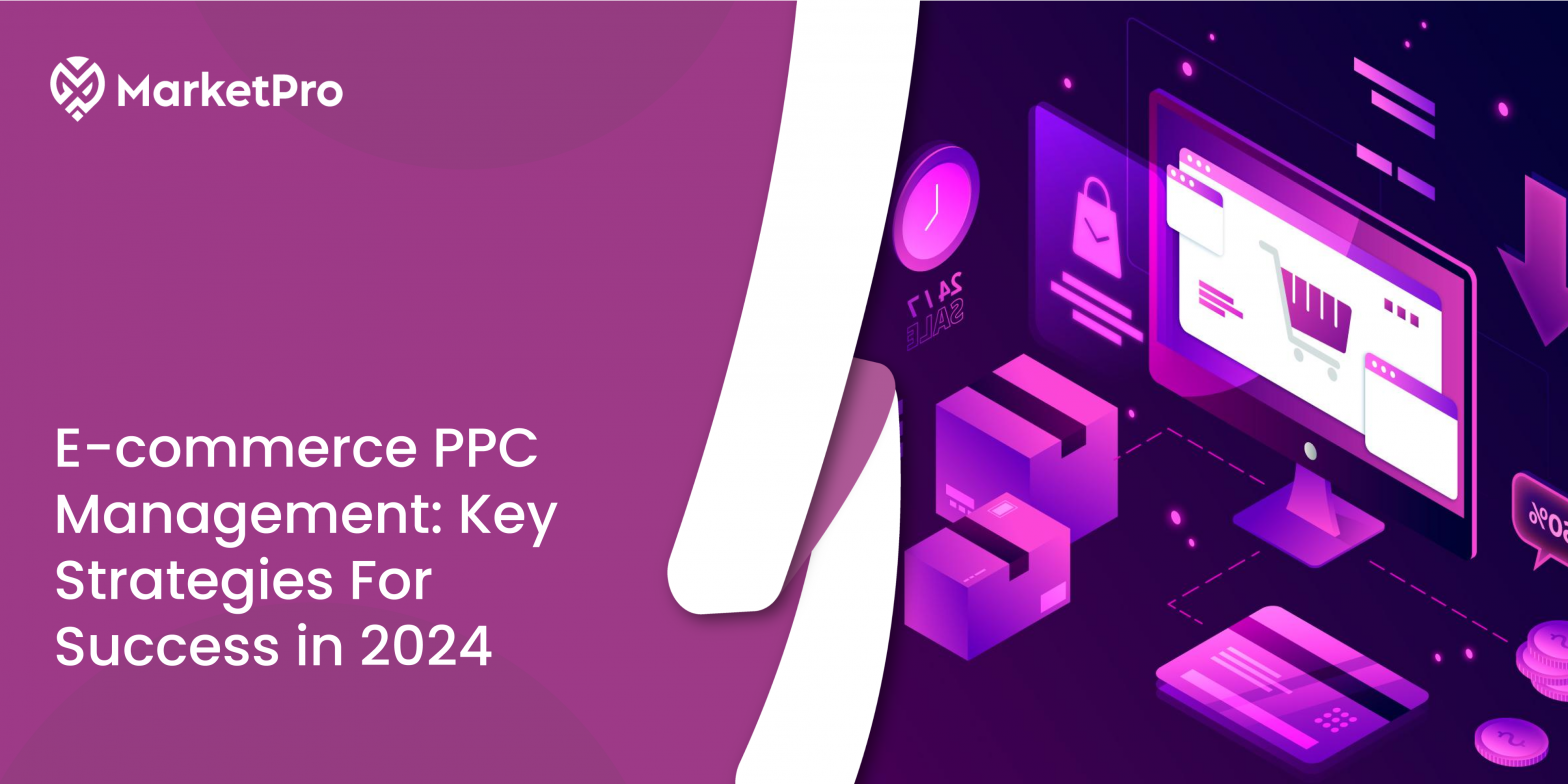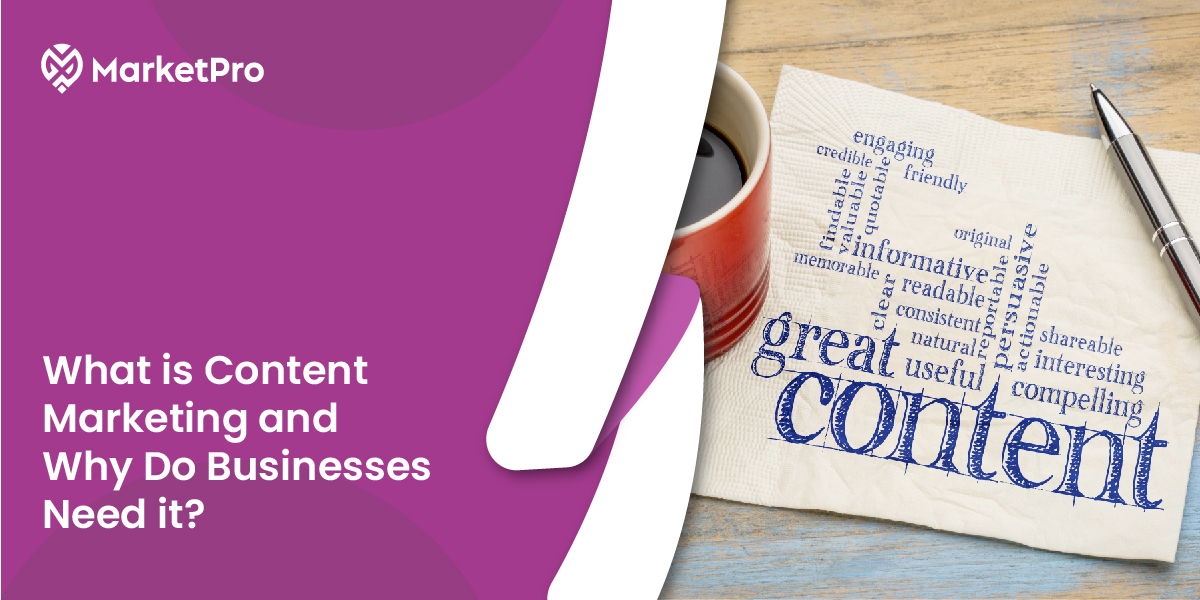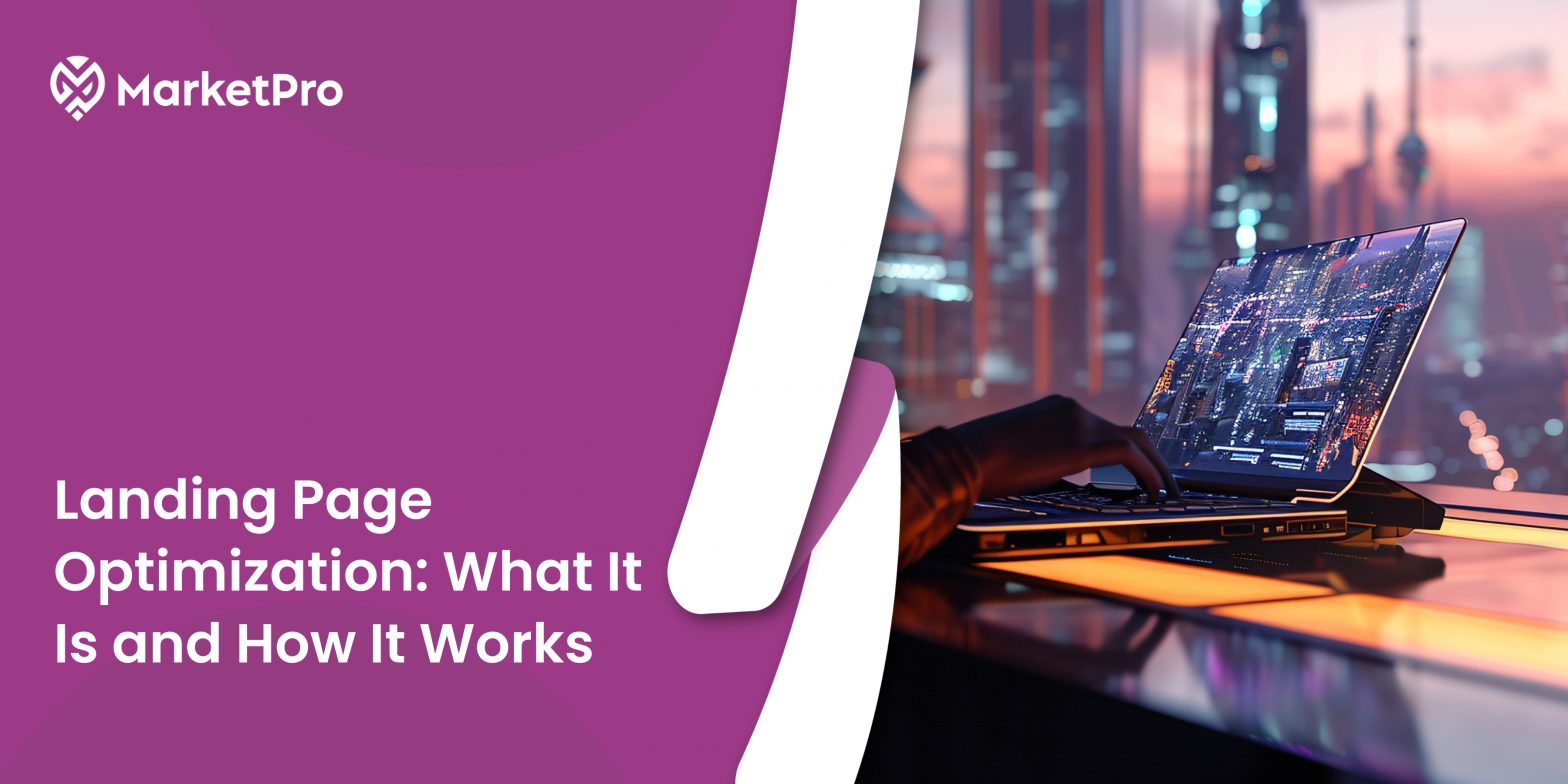Picture this: Your e-commerce store has just launched a new product line. The ads are live, but the sales aren’t coming in as expected.
Sarah faced a similar issue when she launched her online store. Despite her website’s visual appeal, it remained a ghost town without an effective PPC strategy.
Sarah’s experience is common among many e-commerce brand owners today. With intense competition on platforms like Amazon and other search engines, standing out can be challenging. However, today’s advanced online advertising techniques have given brands equal opportunities to compete with big names.
E-commerce PPC management has become a game-changer for many small and mid-sized retailers, offering affordable options to amplify their online presence. Read on to discover how one can use PPC strategies to drive success for their store.
What is E-commerce PPC?
PPC is an advertising model that charges advertisers whenever their digital or search ads earn clicks. These ads are usually displayed on platforms like Google, Amazon, and Facebook. Some examples of e-commerce PPC are Google shopping ads, Amazon ads, and sponsored listings.
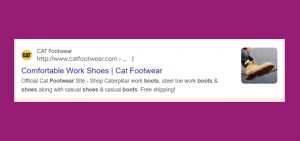
PPC e-commerce management focuses on setting, strategizing, and optimizing PPC campaigns to ensure the brand is visible and acknowledged on all platforms.
The Importance of E-commerce PPC in Today’s Market
84% of owners and marketers report achieving positive outcomes from their PPC advertising campaigns.
Many businesses have struggled to create any impact in retail e-commerce hubs because of the inability to compete with major e-commerce giants. Brands usually give up before even trying to sustain their presence. However, with the inclusion of PPC in e-commerce, brands have access to expertise solely dedicated to solving their needs and capturing their ideal customers.
Kinetica sports is a prime example. With the help of Google Ads, their advertising campaign saw a 267% increase in Return On Advertising Spend (ROAS) and a 600% increase in website traffic. Their full-funnel PPC strategy has positioned them as a respectable e-commerce brand in the sports nutrition industry.
Google Ads Vs. Amazon Ads: What Makes Them Different?
E-commerce PPC management usually focuses on integrating Google ads and Amazon ads. These are two leading advertising options for e-commerce stores to promote products. Amazon ads specifically target Amazon users, whereas Google ads mainly target a broader range of online audiences.
- Amazon ads provide targeting options based on user behavior, purchase histories, and search journeys within the Amazon ecosystem. Google ads provide broader targeting options based on users’ online activities, demographics, and interests.
- Amazon ads offer automated and manual bid adjustments—dynamic bids change based on the likelihood of conversions and fixed bids that remain constant. Google ads offer automated bidding like target CPA (Cost Per Acquisition) and manual bidding options, allowing maximum settlement of CPC (Cost Per Clicks) for ads.
- Amazon Ads come in the form of display ads, audio ads and video ads. Google Ads come in text-based ads, shopping ads, video ads, and call-only ads.
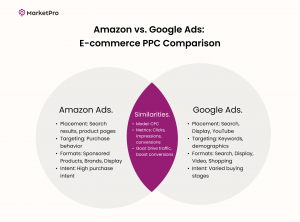
5 Ways to Enhance Your E-commerce PPC Campaigns
PPC campaigns are not a hit-and-trial process. Advertisers constantly need to find ways to improve their ad performance and focus on choosing ideal e-commerce PPC services to showcase their products to the right audience.
Some of the effective PPC strategies for e-commerce are:
1.Create Your Google Merchant Center Account
Google Merchant Center (GMC) is an exceptional tool for e-commerce businesses. It plays an active role in enhancing their PPC campaigns. Companies can improve ad relevance by managing product feed data such as detailed titles, descriptions, and pricing. By linking GMC with Google Ads, this product feed allows effective showcasing of products across Google Shopping, Display Networks, and Search Networks.
Integrating GMC allows businesses to create remarketing lists for ads that update automatically and optimize bidding strategies based on their ads’ performance across various PPC networks.
2.Use Negative Keywords to Filter Irrelevant Traffic
Negative keywords are one of the best tactics to capture a relevant audience and avoid spending on irrelevant clicks. They prevent ads from appearing in the wrong places; for example, if a store only sells new products, then adding “used” as a negative keyword will exclude their ads from searches, such as “used clothing” or “used smartphones.”
Negative keywords ensure ad relevance and save advertising spend by dusting off irrelevant traffic for websites.
3.Test Ad Variations to Craft Ideal Content
Creating compelling ads and landing pages is essential, but continuous optimization brings ideal results. Many e-commerce PPC agencies offer A/B testing. The crux of A/B testing is to create multiple variants of ad copies, images, headlines, or Call-to-Action (CTAs) to analyze which variations perform best.

Marketers utilize this testing approach to determine which ad format is the right fit for their targeted platforms. This not only saves them time but also assists in analyzing the behavior of their desired audience.
4.Use Remarketing to Recapture Lost Customers
Remarketing allows brands to target those customers who have previously shown interest in their products but didn’t purchase them.
Google and Amazon ads have tactics to retarget customers in the future, aiming to capitalize on their potential search intent. For instance, if the user visits a store on Amazon and looks at their product but leaves without checking out, remarketing ads will later target that customer. They will display product-related ads on third-party websites and Amazon itself.
5.Go Beyond Google With Bing and Amazon Ads
Undoubtedly, Google holds the top space for practicing PPC campaigns. However, e-commerce stores shouldn’t limit their growth to only Google Ad services. Microsoft Advertising (Bing) and Amazon ads are some of the best sources for businesses to promote their stores and products.
While Amazon is considered the top e-commerce platform in terms of traffic, Alibaba’s Taobao and Tmall dominate in total sales volume.
Bing, which usually has low competition compared to Google, can help e-commerce businesses find their target audience. At the same time, Amazon PPC ads are also helpful in advertising products to high-intent customers and boosting brand awareness in the Amazon ecosystem. Amazon-sponsored product listings, ads, and videos are among the brands’ most targeted and personalized advertising options.
Cost-effective Tips for Ecommerce Ads
- Advertise Within Your Reach: Many small businesses perceive their target market as a national audience and fail to maintain their PPC ads spending. The logical approach is to use geo-targeting to ensure ads appear in relevant areas and prevent getting irrelevant clicks.
- Don’t forget to Optimize Keyword Strategies: In e-commerce, businesses constantly battle keyword competition. Use long-tail keywords to handle keyword saturation and practice balanced keyword spending to ensure optimal results.
- Create Ad-Specific Landing Pages: Imagine clicking on a Moroccan-scented candle ad and landing on the general website’s home page. Websites that don’t use dedicated product landing pages lose ideal customers due to bad user experience. Studies show that a personalized landing page can make PPC ad campaigns 5% more effective.
Streamline Your Ecommerce PPC Growth with Market Pro
E-commerce PPC management is not a trend. It’s an actual concept that keeps many mid-size and small-size retail stores capitalizing on seasonal events and helps them in taking an equal share of sales opportunities and growth. From precise targeting to retargeting, it has all the tools and expertise to find business prospects and convert them into customers.
At Market Pro, we specialize in turning your ad spend into measurable growth with clear-cut strategies and reliable results.
Ready to elevate your advertising? Contact us today for a free personalized consultation and see how our experts can boost your e-commerce growth.
